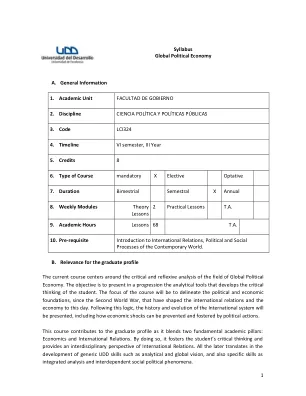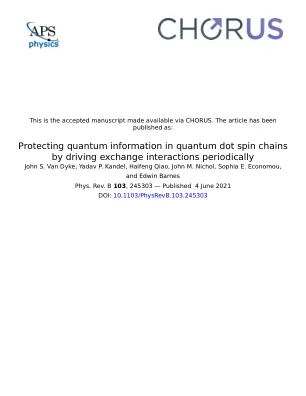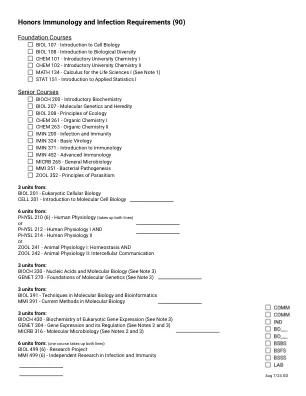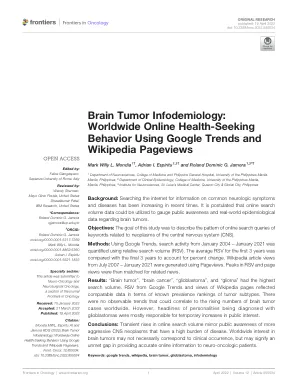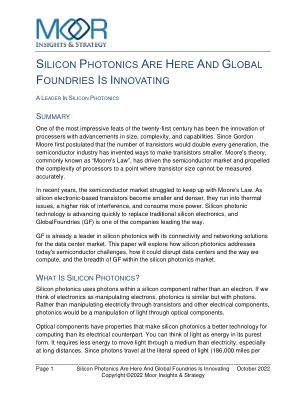在过去的几年中,越来越多的对抗外国影响力的指控是由针对其他州的民主决策过程的各种国际参与者进行的,这使信息战的问题置于国际议程上。1 2016年美国和2017年法国总统大选以及2016年英国英国脱欧公投只是最突出的例子。 这种现象肯定既不是在减弱,也不是地理上的限制:例如,在2020年底,索马里在指控选举干预后驱逐了肯尼亚的外交人员。 2自2020年初以来,围绕COVID-19大流行的误解和虚假信息的前所未有的激增增加了一种新的紧迫感,同时又扩大了法律问题的范围。 However, so far the ensuing debate among scholars and policy-makers has been focused on international human rights law and other questions of peacetime international law, such as whether and under which circumstances an (online) disinformation campaign targeting audiences abroad may amount to a violation of the target state's sovereignty, the principle of non-intervention, or even – in extreme cases – the prohibition of the use of force. 3另一方面,在武装冲突的背景下,数字信息战的法律含义已引起了很少的关注。 此简介1 2016年美国和2017年法国总统大选以及2016年英国英国脱欧公投只是最突出的例子。这种现象肯定既不是在减弱,也不是地理上的限制:例如,在2020年底,索马里在指控选举干预后驱逐了肯尼亚的外交人员。2自2020年初以来,围绕COVID-19大流行的误解和虚假信息的前所未有的激增增加了一种新的紧迫感,同时又扩大了法律问题的范围。However, so far the ensuing debate among scholars and policy-makers has been focused on international human rights law and other questions of peacetime international law, such as whether and under which circumstances an (online) disinformation campaign targeting audiences abroad may amount to a violation of the target state's sovereignty, the principle of non-intervention, or even – in extreme cases – the prohibition of the use of force.3另一方面,在武装冲突的背景下,数字信息战的法律含义已引起了很少的关注。此简介
在武装时期保护全球信息空间...
主要关键词









